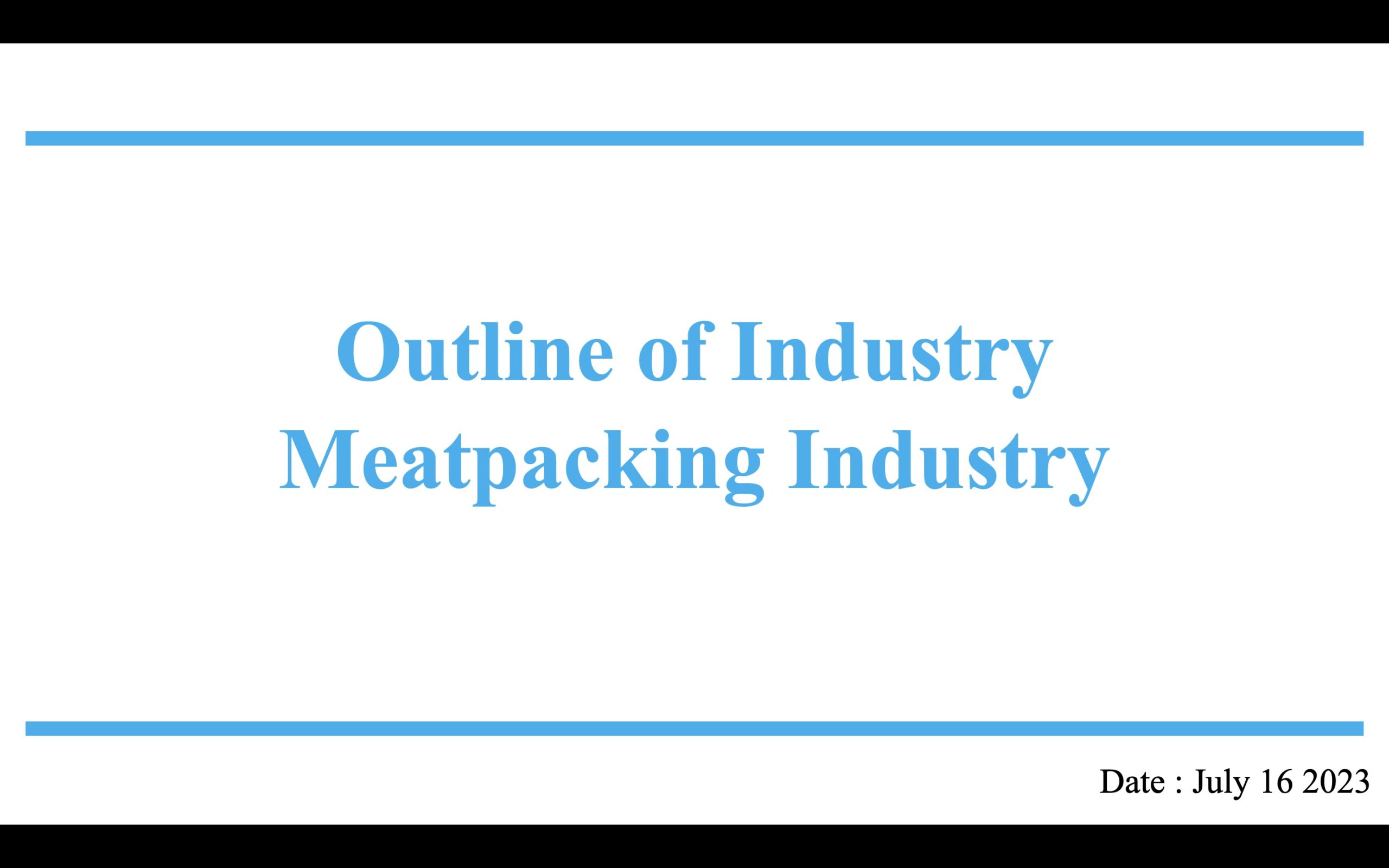The meatpacking industry is a crucial component of the global food production system, responsible for processing and distributing the meat products that are consumed by millions of people around the world. The industry is made up of a complex network of slaughterhouses, processing plants, and distribution centers, and is a major contributor to the economies of many countries, generating billions of dollars in revenue each year and employing millions of people.
The meatpacking industry has a long and complex history, dating back to the early days of human civilization, and has undergone significant transformations over the course of time. In the early days of the industry, meatpacking was a small-scale and local affair, with people slaughtering animals and processing meat for their own consumption or for sale in local markets. Over time, however, the industry grew in scale and complexity, as advances in transportation and refrigeration enabled the mass production and distribution of meat products on a national and eventually global scale.
The meatpacking industry today is characterized by large-scale operations that process and distribute meat products on a massive scale. The industry is highly consolidated, with a small number of large corporations controlling the majority of production and distribution, and relying on complex supply chains to source animals, process meat, and distribute products to customers around the world.
One of the key challenges facing the meatpacking industry is the need to meet the growing demand for meat products while ensuring that the production process is efficient, safe, and sustainable. The industry is subject to a range of regulations and standards aimed at ensuring the safety and quality of meat products, and must also address concerns about the environmental impact of meat production, including greenhouse gas emissions, land use, and animal welfare.
The meatpacking industry has responded to these challenges in a number of ways, including investing in new technologies and processes that improve efficiency and reduce waste, and working to improve the sustainability of the production process. For example, many companies have implemented practices such as reducing water usage, improving energy efficiency, and using renewable energy sources, in an effort to reduce their environmental impact and improve the sustainability of their operations.
However, the meatpacking industry has also faced significant criticism and controversy in recent years, with concerns raised about the safety and quality of meat products, the working conditions for employees, and the impact of meat production on the environment. For example, the COVID-19 pandemic has brought new attention to the issue of meatpacking plant safety, with a number of outbreaks of the virus reported in facilities across the country, highlighting the need for improved measures to protect workers and ensure the safety of meat products.
Despite these challenges, the meatpacking industry remains a critical part of the global food production system, providing essential protein for millions of people around the world. The industry is constantly evolving and adapting in response to changing trends and challenges, and will continue to play a key role in meeting the growing demand for meat products in the years to come.
In conclusion, the meatpacking industry is a complex and dynamic sector, playing a critical role in the global food production system and the economies of many countries. While the industry faces significant challenges, including the need to meet growing demand while ensuring safety, efficiency, and sustainability, it remains an essential part of the global food production system and will continue to play a key role in shaping the food landscape for years to come.



Comment